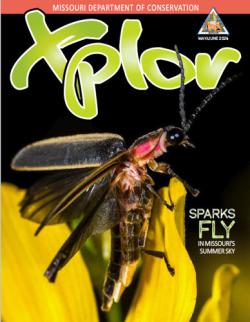
Xplor reconnects kids to nature and helps them find adventure in their own backyard. Free to residents of Missouri.


































Stay in Touch with MDC news, newsletters, events, and manage your subscription

Xplor reconnects kids to nature and helps them find adventure in their own backyard. Free to residents of Missouri.

A monthly publication about conservation in Missouri. Started in 1938, the printed magazine is free to residents of Missouri.
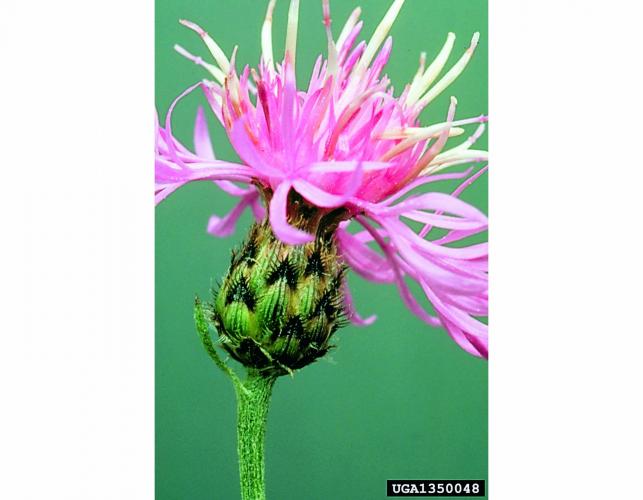

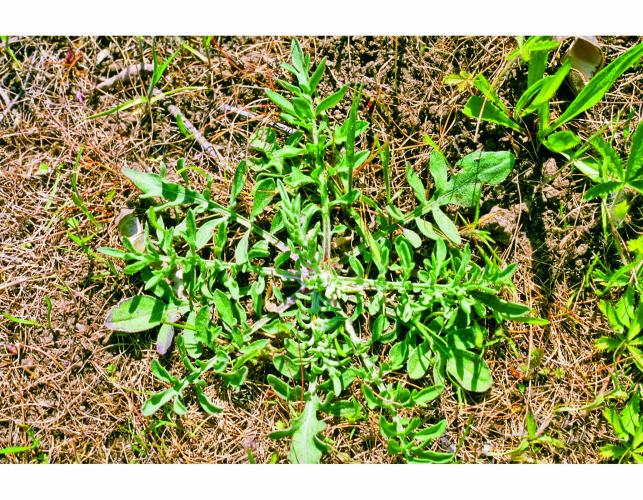
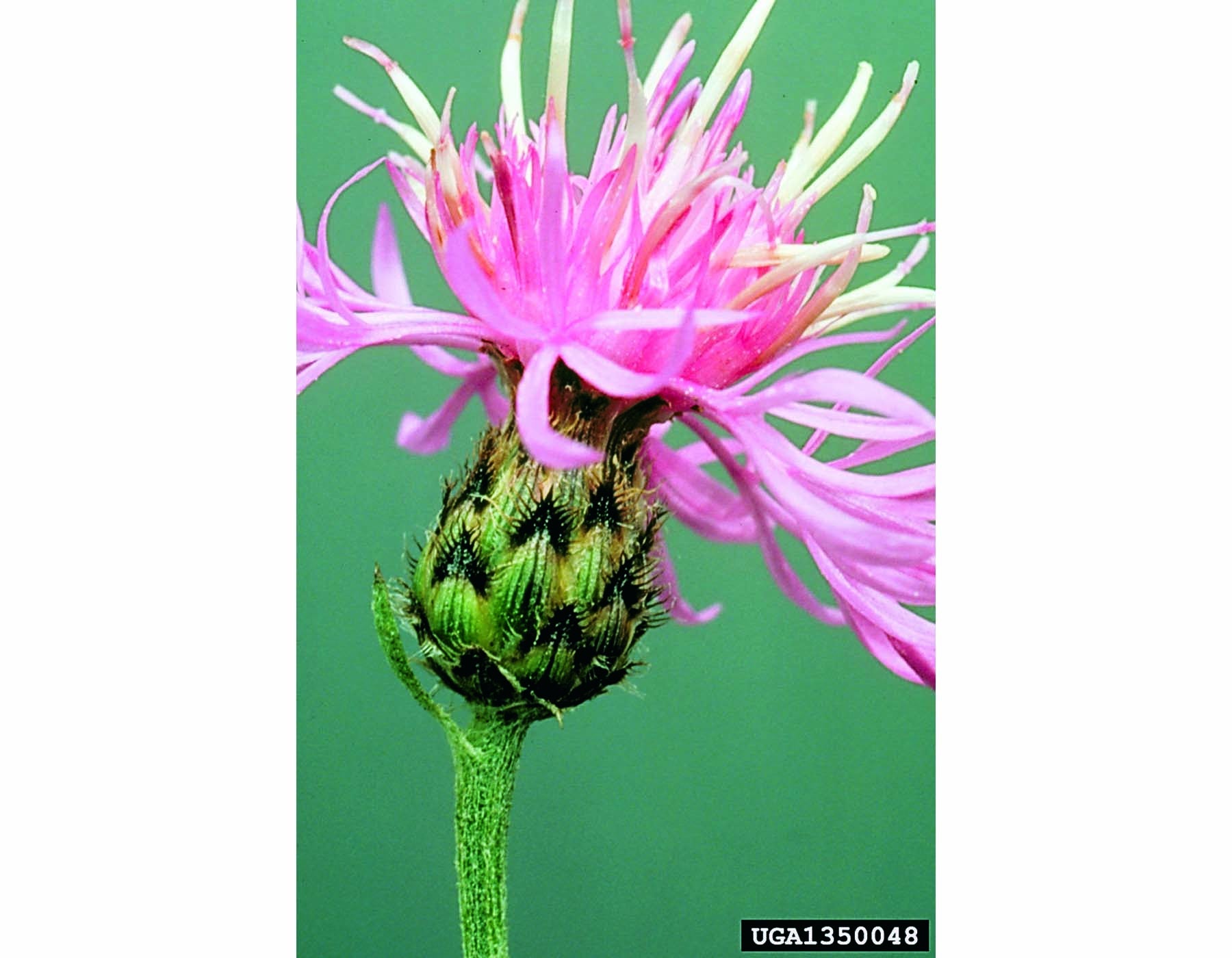

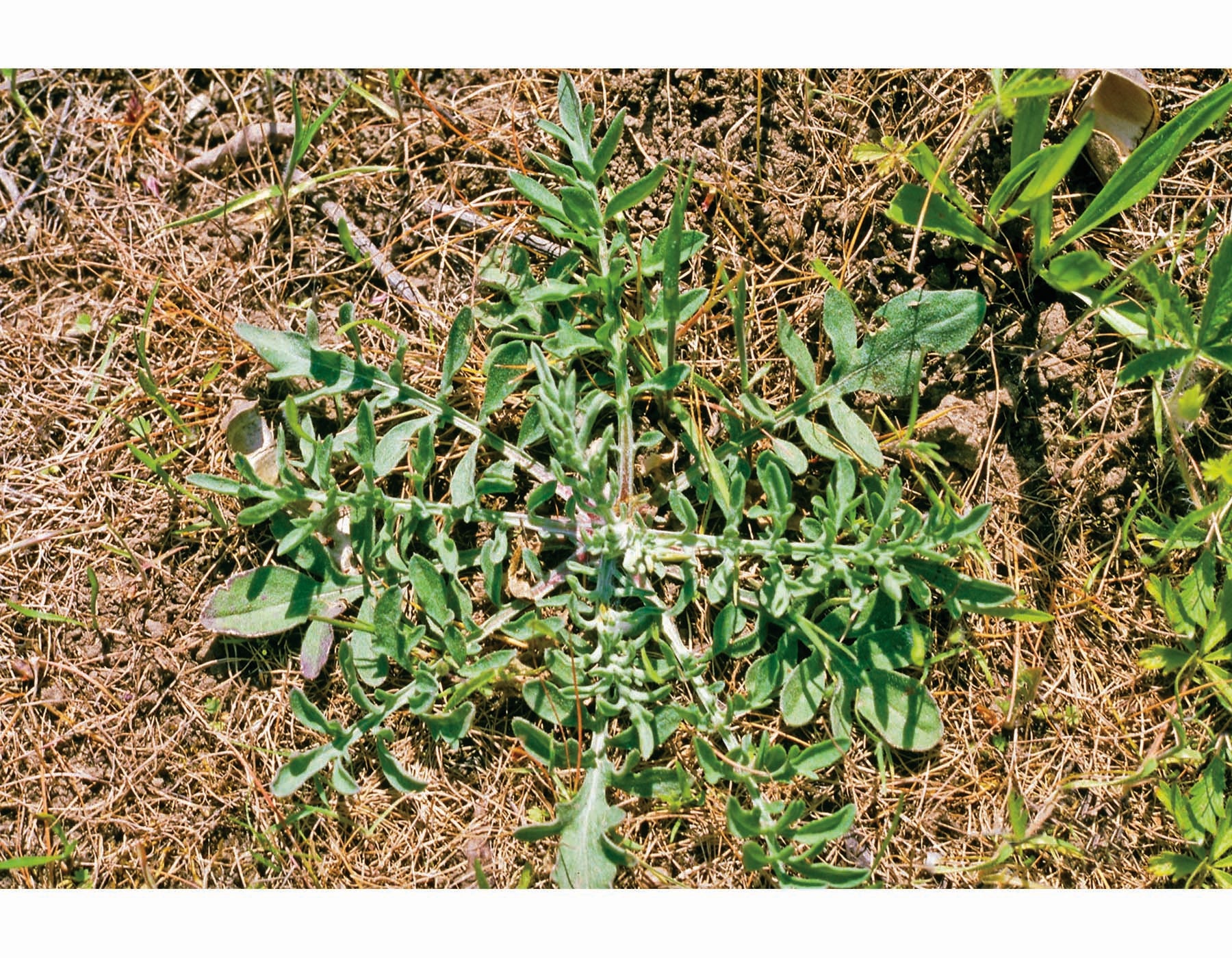
STE. GENEVIEVE, Mo. — Some people love a good fight. Others have to be fired up. When Private Lands Conservationist Jan Dellamano, with the Missouri Department of Conservation (MDC), thinks about the harm caused to wildlife and livestock by invasive spotted knapweed, he gets fired up.
“The only good thing about the flowering stage of this weed is that it helps in identifying it so we can get rid of it,” Dellamano said.
And now is just the right time to look for these offensive blooms. Dellamano says when you find it, there’s just one thing to do. Kill it.
“Without control, this weed will impact virtually all landowners in Missouri and interfere with nearly all land types and landscapes,” he said.
A single square foot of spotted knapweed can produce 5,000 seeds, which can remain viable for eight years or more. It drains productivity from pastures and fields, degrades wildlife habitats, destroys Missouri’s natural communities, and it invades golf courses and lawns, according to Dellamano.
He said spotted knapweed produces chemicals that inhibit nearby plants, reducing diversity in the area and degrading the wildlife habitat. Wildlife and most livestock find it unpalatable, so as it spreads, animals have less food. Runoff, erosion and sedimentation increase, harming streams and aquatic creatures.
Like other invasive species, this plant gets out of hand fast, and Dellamano says he and other conservationists need help locating and killing it.
“It’s spreading so fast and furious that we need as much help as possible to make a difference,” he said.
The first line of defense is identification. Look for spindly weeds that look like chicory or wild lettuce, but with pink flowers. Dellamano said spotted knapweed flowers look just like miniature thistle flowers. He said because the seeds can spread through flowing water and through the movement of hay and gravel in addition to its natural disbursement, it’s found almost everywhere, but especially along major roadways.
Once you’ve identified this invasive weed, Dellamano says the most important defense is offense.
MDC has partnered with the Missouri Department of Transportation (MoDOT) to aggressively attack the issue of spotted knapweed by spraying herbicides along major highways. Travelers are urged to assist by reporting sightings of this weed. Issues with knapweed along Route 67 and I-55 have been documented and do not need to be reported.
If landowners notice these invasive weeds adjacent to their property, they are encouraged to contact MoDOT for guidelines about spraying along a state right-of-way. If the invasive weeds are already migrating onto adjoining property, landowners are asked to spray the area using the recommended herbicides, while following the manufacturer’s label for mixing and application.
“The best control is to spray in the fall and early spring while the plants are in the rosette stage, a small cluster of leaves hugging the ground around the main stem,” Dellamano said.
He added that Milestone, Perspective and Streamline are all effective herbicides to kill spotted knapweed. They have a residual effect, which means they will kill new seedlings of knapweed as they germinate for six months to possibly up to two years. He said 2-4-D is also effective and economical if applied early to the rosettes, but it does not have a residual effect.
If you’re worried about other plants, Dellamano explained these herbicides kill only broad-leaved plants without harming grass.
“Some may think this is just a weed that can be ignored,” Dellamano said. “But once it’s out of control, it becomes costly and that’s not as easily ignored.”
For more information on invasive spotted knapweed, go online to mdc.mo.gov or call the MDC’s Southeast Regional Office at 573-290-5730. Find an easy-to-use identification guide at mdc.mo.gov/node/9530.
For guidelines to spray along state rights-of-way, please contact MoDOT Roadside Manager Mark Aufdenberg at 573-380-4579, or visit modot.org/southeast.